In the competitive world of property management, understanding the nuances of property licensing can be a game-changer for landlords and letting agents. This post delves deeper into strategic benefits, advanced compliance strategies, and the positive impact of licensing on property values, providing seasoned professionals with the tools to excel in the market.
Strategic Importance of Property Licensing
Leveraging Licensing for Market Advantage
Property licensing isn’t just about compliance—it’s a strategic asset that can differentiate your property in a crowded market. By ensuring your properties exceed the basic requirements, you can attract higher-quality tenants and justify premium rents.
Impact on Property Valuation
A well-managed, licensed property often sees an increase in valuation due to its enhanced appeal and reduced risk profile. These properties tend to attract more serious investor attention, which can be beneficial for portfolio growth and financing opportunities.
Fostering Community and Regulatory Relationships
Effective licensing management helps build positive relationships with local regulators and the community. These relationships can be crucial during expansions, renovations, and when navigating complex regulatory changes.
Advanced Compliance Strategies
Proactive Compliance Planning
Instead of reacting to regulatory changes, leading landlords and agents anticipate them. This section discusses how to stay ahead of the curve by engaging with legal experts, attending industry conferences, and maintaining open lines of communication with licensing authorities.
Technology in Compliance Management
Modern property management systems offer advanced features like automated compliance tracking, alert systems for license renewal, and digital storage for necessary documents. Implementing these technologies can significantly reduce administrative burdens and enhance accuracy in compliance.
Continuous Property Improvement Programs
Adopt ongoing improvement programs that not only keep properties up to standard but also progressively enhance them. This proactive approach can be a key differentiator in maintaining high occupancy rates and tenant satisfaction.
Enhancing Tenant Relationships through Licensing
Licensing as a Tenant Assurance Tool
Discuss how tenants view licensing as a marker of quality and security. Properties that boast up-to-date licenses are more likely to attract tenants who value safety and professional management.
Regular Tenant Feedback Loops
Incorporate strategies for using tenant feedback to improve property conditions continually. This section can explore how addressing tenant concerns promptly and efficiently can lead to better tenant retention and a more robust licensing profile.
Resources for Mastery in Property Licensing
Educational Opportunities for Property Professionals
Highlight courses, certifications, and workshops focused on property law, tenant relations, and property technology. This education can empower landlords and agents to manage their licenses more effectively.
Building a Support Network
Discuss the importance of creating a network of professionals, including lawyers, fellow landlords, and property managers, who can offer advice and share best practices in property licensing and management.
Conclusion: Elevating Property Management through Licensing
Conclude by reinforcing the value of viewing property licensing not just as a regulatory requirement but as a cornerstone of sophisticated property management. Encourage landlords and letting agents to adopt these advanced strategies to not only comply with the law but to lead in the housing market.






